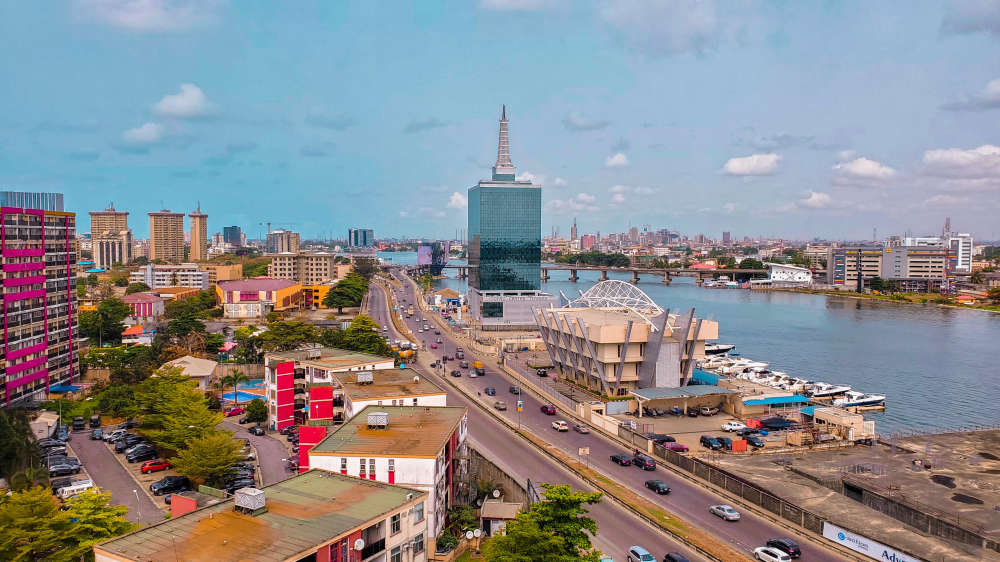
Growth in emerging markets and developing economies will be hit hard over the next two years, according to the World Bank’s latest Global Economic Prospects report.
Globally, growth continues to slow sharply due to rising inflation and interest rates, reduced investment, and supply disruptions caused by Russia’s full-scale invasion of Ukraine.
According to the report published on Tuesday, any new adverse development could further push the global economy into recession.
“This includes higher-than-expected inflation rates, abrupt rises in interest rates to contain it, a resurgence of the COVID-19 pandemic, or escalating geopolitical tensions.
“Yet, faced with extremely high government debt levels and rising interest rates advanced economies are absorbing global capital.
“Per-capita income growth in emerging market and developing economies is projected to average 2.8 percent, a full percentage point lower than the 2010-2019 average.”
In Sub-Saharan Africa, which accounts for about 60 percent of the world’s extreme poor, growth in per capita income over 2023 to 2024 is expected to average just 1.2 percent, a rate that could cause poverty rates to rise, not fall.

“The crisis facing development is intensifying as the global growth outlook deteriorates,” World Bank Group President, David Malpass, said.
“Emerging and developing countries are facing a multi-year period of slow growth driven by heavy debt burdens and weak investments in business.
“This will compound the already-devastating reversals in education, health, poverty, and infrastructure and the increasing demands from climate change.”
The report projects that growth in advanced economies is to slow from 2.5 percent in 2022, to 0.5 percent in 2023. Over the past two decades, slowdowns of this scale have foreshadowed a global recession.
In the U.S., growth is forecast to fall to 0.5 percent this year -1.9 percentage points below previous forecasts and the weakest performance outside of official recessions since 1970.

In 2023, Euro-area growth is expected at zero percent – a downward revision of 1.9 percentage points.
In China, growth is projected at 4.3 percent; 0.9 percentage points below previous forecasts.

Excluding China, growth in emerging markets and developing economies is expected to decelerate from 3.8 percent in 2022 to 2.7 percent in 2023.
By the end of 2024, GDP levels in emerging and developing economies will be roughly six percent below the levels expected before the pandemic.
Over the 2022-2024 period, gross investment in these economies is likely to grow by about 3.5 percent on average – less than half the rate of the previous two decades.
Meanwhile, figures from the United Nations’ latest flagship annual report on goods exports from Latin America and the Caribbean, show a 20 percent increase in 2022, but a drop in growth from the previous year.
The Economic Commission for Latin America and the Caribbean (ECLAC) estimates the growth was driven by a 14 percent rise in prices and an expansion of six percent in export volumes.
The Commission also found that the value of regional goods imports increased by 24 percent.
Like in 2021, the expansion was driven mainly by external factors (the rise in prices of raw materials, particularly fuel), and not by the capacity to increase export volumes or diversify regional export supply toward new sectors.


